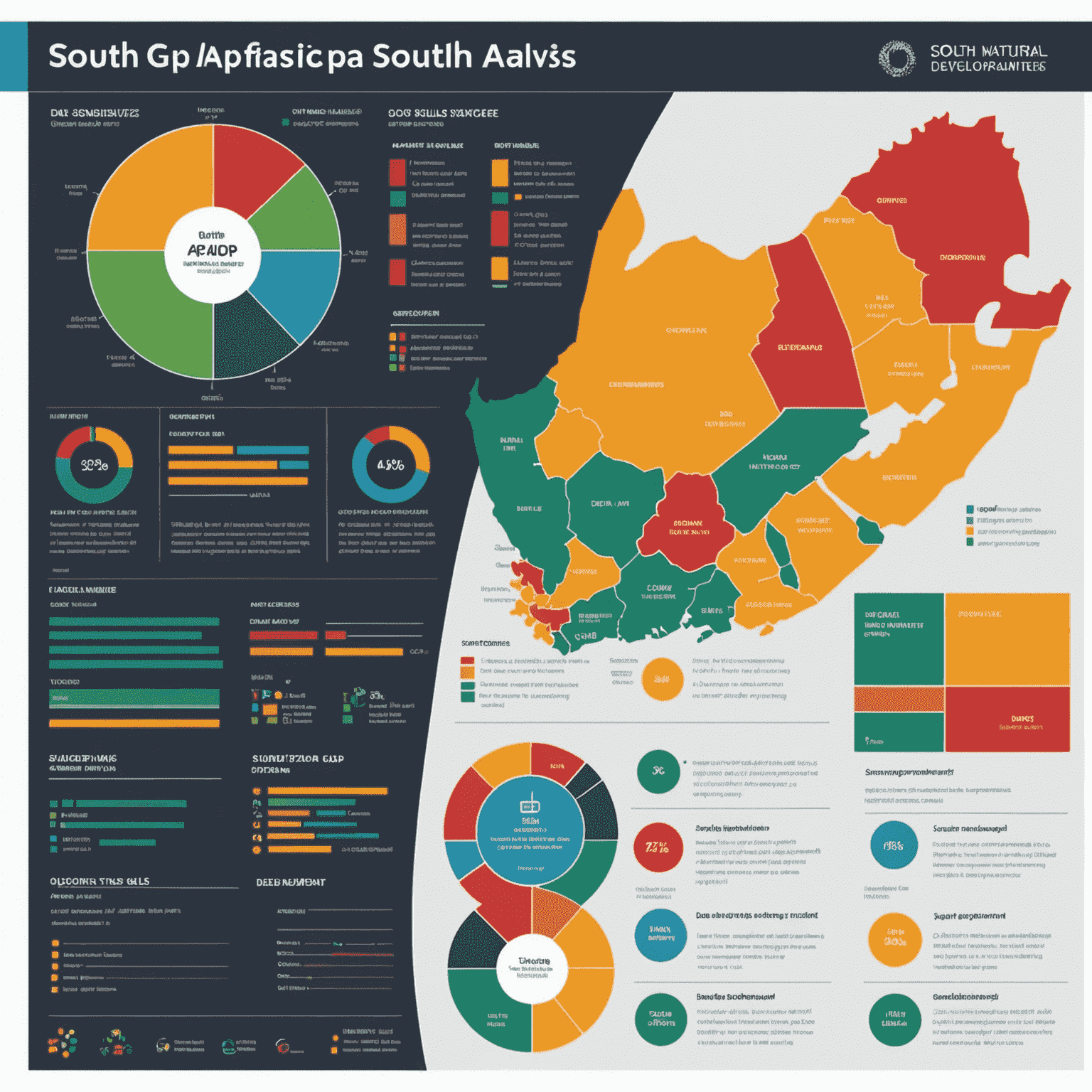The Role of Technology in Skills Development

In the rapidly evolving landscape of South Africa's professional sector, technology is playing an increasingly pivotal role in shaping skills development initiatives. This transformation is not only changing how skills are acquired but also expanding the opportunities available to professionals across various industries.
E-Learning Platforms
The advent of e-learning platforms has revolutionized the way skills development programs are delivered. These digital solutions offer flexibility and accessibility, allowing professionals to engage in continuous learning without the constraints of traditional classroom settings. Many consulting firms in Johannesburg are leveraging these platforms to provide tailored training programs that cater to the specific needs of South African industries.
Virtual Reality and Simulation
Virtual Reality (VR) and simulation technologies are creating immersive learning experiences that were previously impossible. In fields such as financial planning and investing consulting, these technologies allow professionals to practice complex scenarios in safe environments. This hands-on approach enhances the learning process and better prepares individuals for real-world challenges.

Artificial Intelligence in Personalized Learning
Artificial Intelligence (AI) is transforming skills development by offering personalized learning paths. AI algorithms can analyze a learner's progress, identify areas for improvement, and suggest tailored content. This level of customization ensures that professionals in fields like financial planning can focus on the specific skills they need to enhance their expertise efficiently.
Mobile Learning Applications
With the high penetration of smartphones in South Africa, mobile learning applications have become a powerful tool for skills development. These apps provide bite-sized learning modules that professionals can access on-the-go, making it easier to integrate learning into busy schedules. Many consulting firms are developing custom mobile apps to deliver targeted training content to their employees and clients.
Data Analytics for Skills Gap Analysis
Technology is not only changing how skills are taught but also how skills gaps are identified. Advanced data analytics tools allow organizations to assess current workforce capabilities, predict future skill requirements, and design targeted development programs. This data-driven approach ensures that skills development initiatives in South Africa remain aligned with the evolving needs of the job market.

Conclusion
As technology continues to advance, its role in skills development in South Africa will only grow more significant. For professionals in investing consulting and financial planning, embracing these technological advancements is crucial for staying competitive in an increasingly digital world. By leveraging e-learning, VR, AI, mobile applications, and data analytics, South African professionals can ensure they are equipped with the skills needed to thrive in the future job market.
The integration of technology in skills development presents exciting opportunities for both individuals and organizations. As consulting firms in Johannesburg and across South Africa continue to invest in these innovative approaches, they are not just enhancing the capabilities of their workforce but are also contributing to the overall economic growth and competitiveness of the nation.